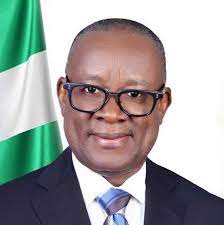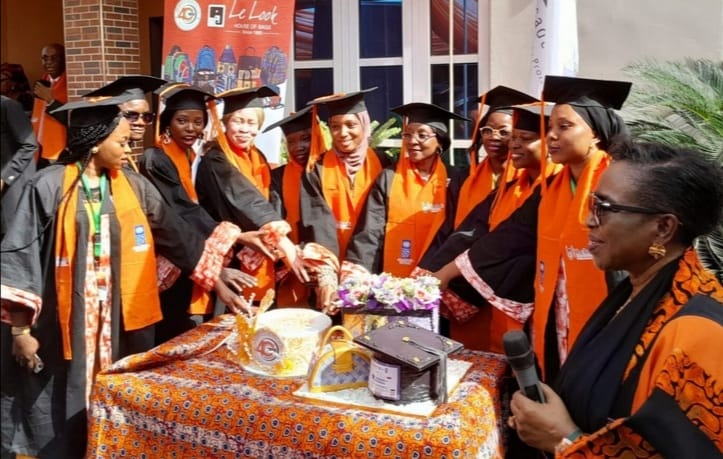By Kobayashi Daniels/ Agency
The Federal Government remains committed to balancing trade by implementing policies that support local production while managing imports, according to the Minister of State for Industry, Trade, and Investment, Sen. John Enoh.
Speaking at the 2025 Renewed Hope Global Virtual Town Hall Conference, Enoh highlighted the importance of assessing Nigeria’s balance of trade—whether in surplus or deficit—when formulating economic policies.
He acknowledged concerns over Nigeria’s status as an import-dependent economy and emphasized the urgent need to expand and strengthen local industries to drive exports and reduce reliance on foreign goods.
“The real issue is not just the volume of imports but the fact that we are not producing enough,” he stated. “We must expand local manufacturing and strengthen our industries to stay competitive in the global market.”
Enoh noted that the government has been deliberate in fostering local productivity by introducing various incentives, including import duty exemptions for manufacturers and industrialists.
“Since assuming office, I have approved countless import duty exemption certificates to industries to support local production,” he said. “There are also programmes such as backward integration policies designed to boost local capacity in key sectors, including manufacturing and agriculture.”
The minister reaffirmed the administration’s commitment to ensuring Nigeria’s global trade competitiveness. He explained that at the end of each fiscal period, the government evaluates the country’s trade balance to inform future policy decisions.
He assured stakeholders that the government would continue implementing measures to create a conducive environment for industries and enhance Nigeria’s export potential.







